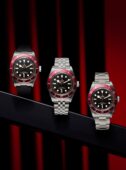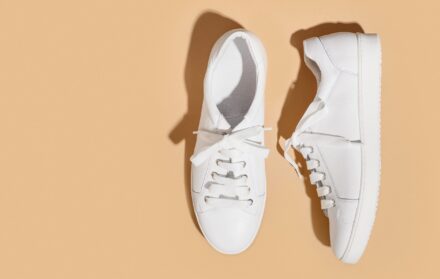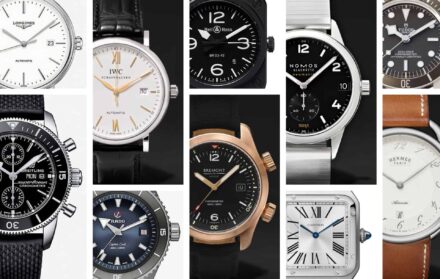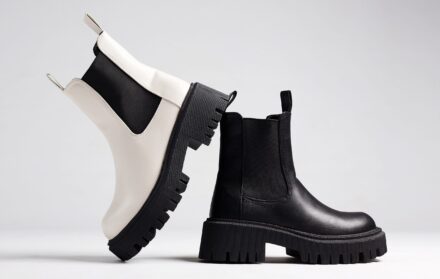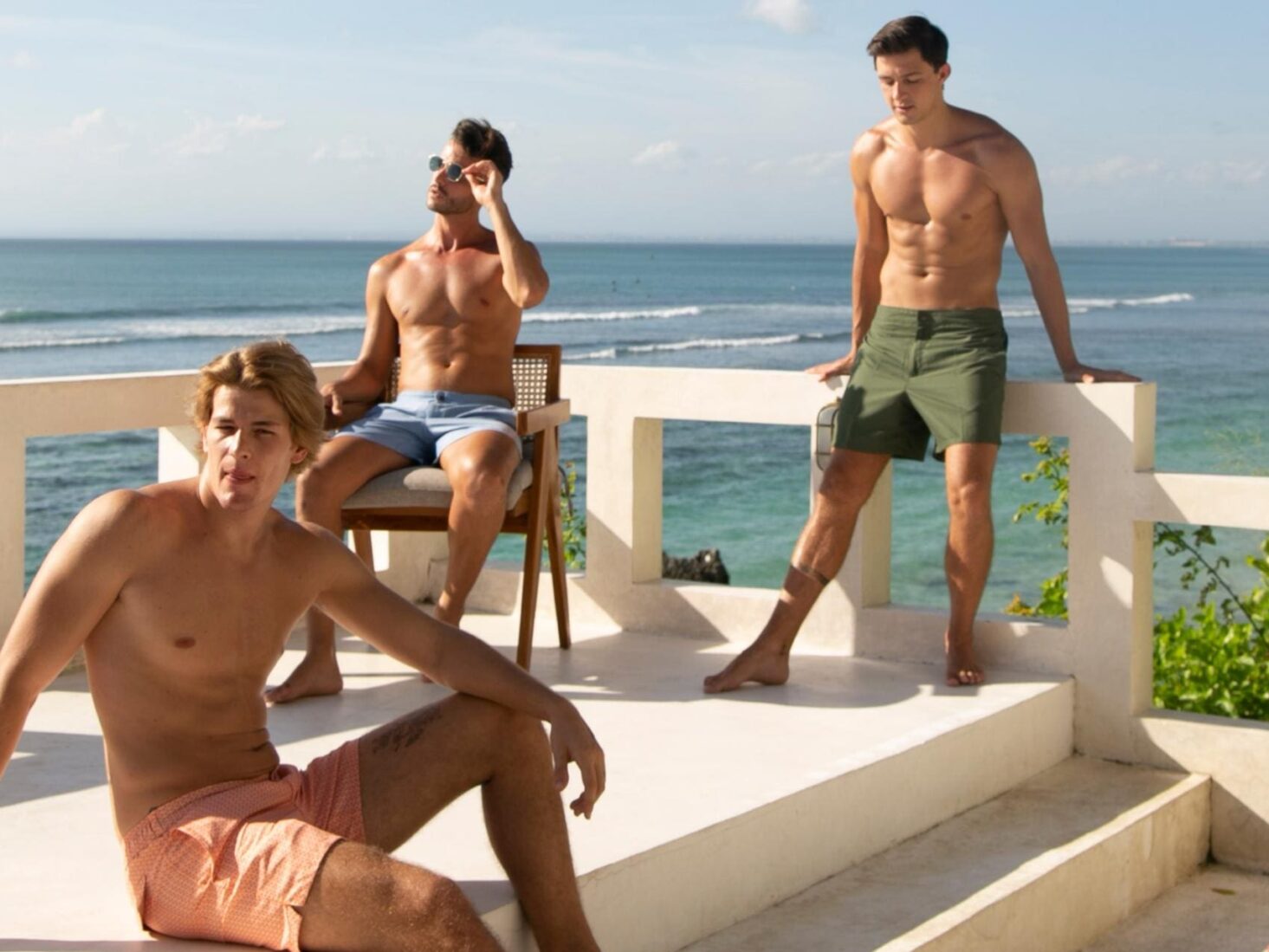
Introducing Patémar: the new name in premium swim shorts
The Bali brand manufactures tailored swim shorts entirely from upcycled plastic
Sponsored by:
Patémar
There’s an ancient philosophy on the Indonesian island of Bali: ‘Tri Hita Karana’. It translates, roughly, as ‘the three causes of wellbeing’. The troika of principles the teaching refers to are: harmony with God; harmony among people; and harmony with nature and the environment.
Rudy Hertanto, who was born in the port city of Surabaya, on the neighbouring island of Java, hadn’t heard of Tri Hita Karana when he founded his sustainable swimwear brand, Patémar, in 2020. Having subsequently learned of the expression through a native of Bali, where his company is based, Hertanto believes the philosophy does a pretty good job of summing up the principles behind his brand.
Patémar’s mission, Hertanto explains, is to protect and celebrate the environment by removing plastic waste from the oceans, turning them into high-quality tailored swim shorts.
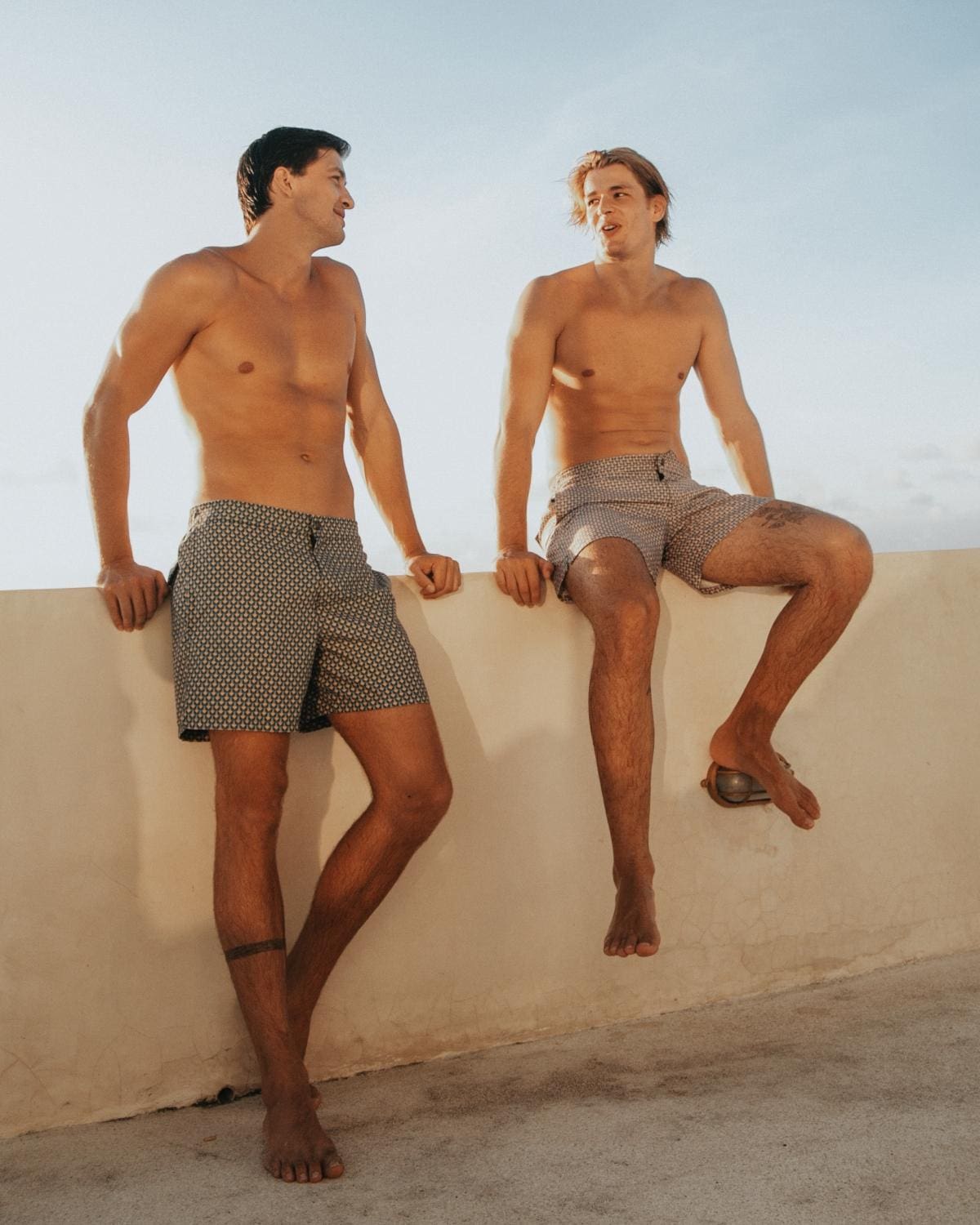
“I was diving in the Komodo Islands,” says Hertanto, “and was completely in awe of how beautiful and diverse the underwater scenery was. And yet, at the same time I was marvelling at the beauty of nature, there were all these plastic bags floating around, which posed a real danger to the wildlife.”
After identifying a gap in the market, and researching the viability of a sustainable swimwear brand – “whose products were still hip and cool” – Hertanto founded Patémar with his college friend, and fellow diving enthusiast, Florian Schell.
“Ultimately,” says Hertanto, a former member of Indonesia’s national swimming team, “Patémar is a passion project. Being a diver, I see first-hand the pollution in the waters of Indonesia and elsewhere. Patémar is bringing that conversation to the surface through quality craftsmanship done by master tailors.”
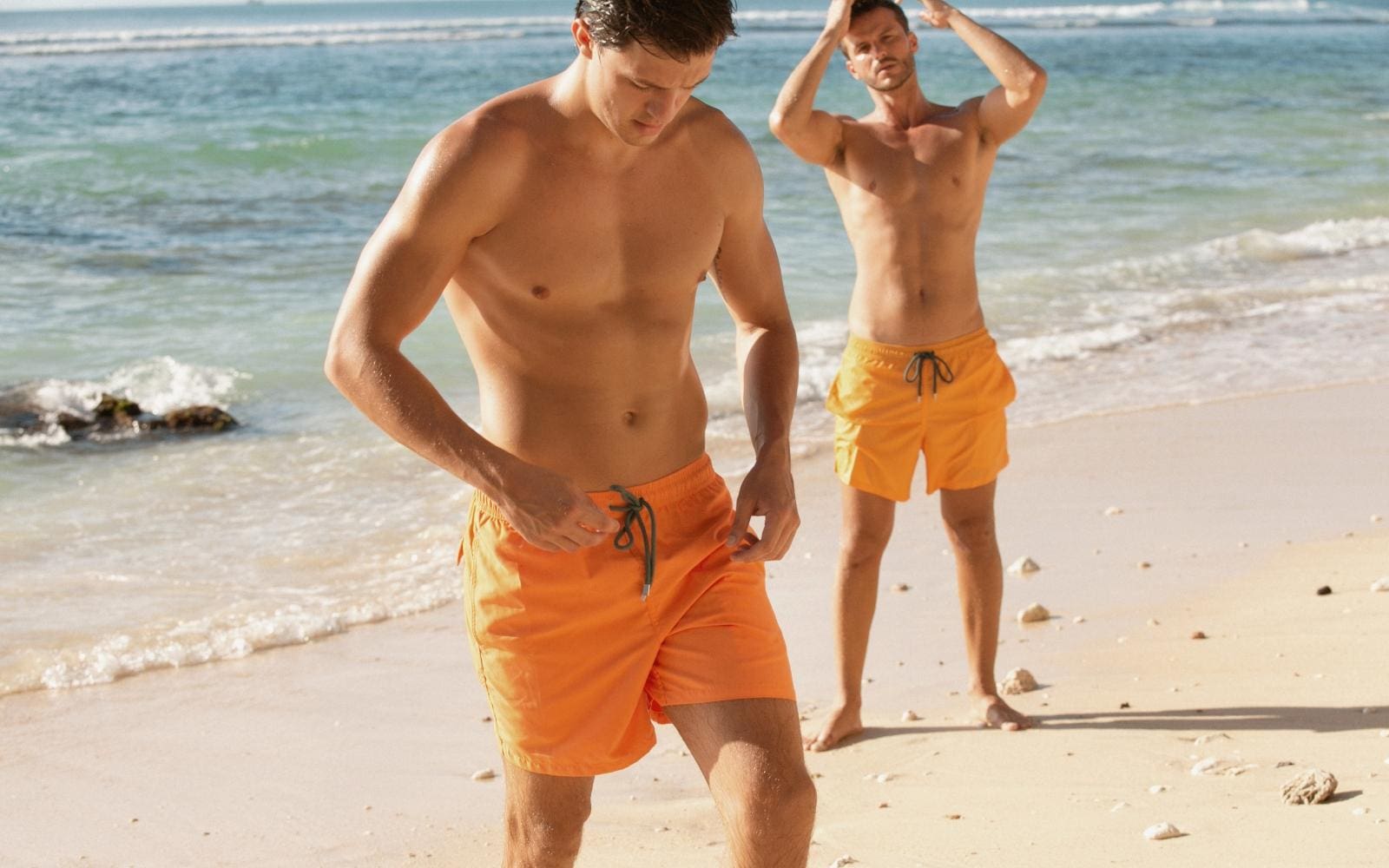
The company’s first product was a pair of premium men’s swim shorts made entirely from plastic recycled from landfill and the ocean. ‘Recycled’ T-shirts and jeans have, of course, been done before. But, Hertanto explains, these are often made from blended materials such as spandex and cotton. Hertanto wanted his swim shorts to go one further. He wanted to create a “circular product that went cradle to cradle.”
He achieved his aim by only using 100 per cent upcycled plastic, ensuring that his fabrics were certified Global Recycled Standard (GRS) 4.0 by sending them through the Control Union in the Netherlands. To ensure that the company wasn’t producing any waste of its own, Patémar made sure that its packaging and tags were fully recyclable and made from FSC-certified, recycled paper.
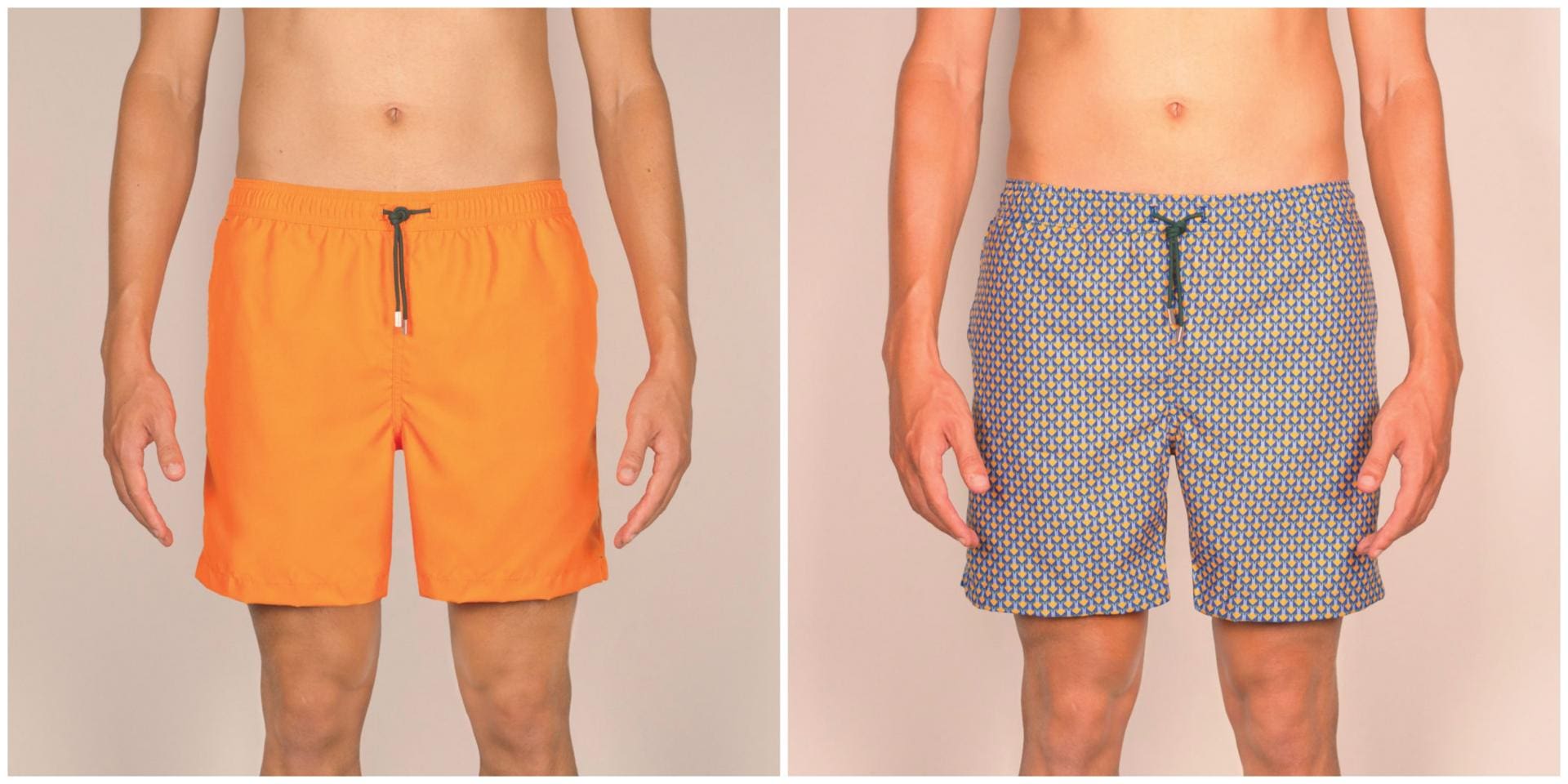
All of this is not to say that Patémar is a brand aimed squarely at the hemp brigade. “We wanted to make conversations around conservation more approachable,” says Hertanto. “We want to communicate with ocean and pool lovers, people who may not be vegetarian or vegan, people who want to have fun in style, who would hopefully wear our shorts with pride.”
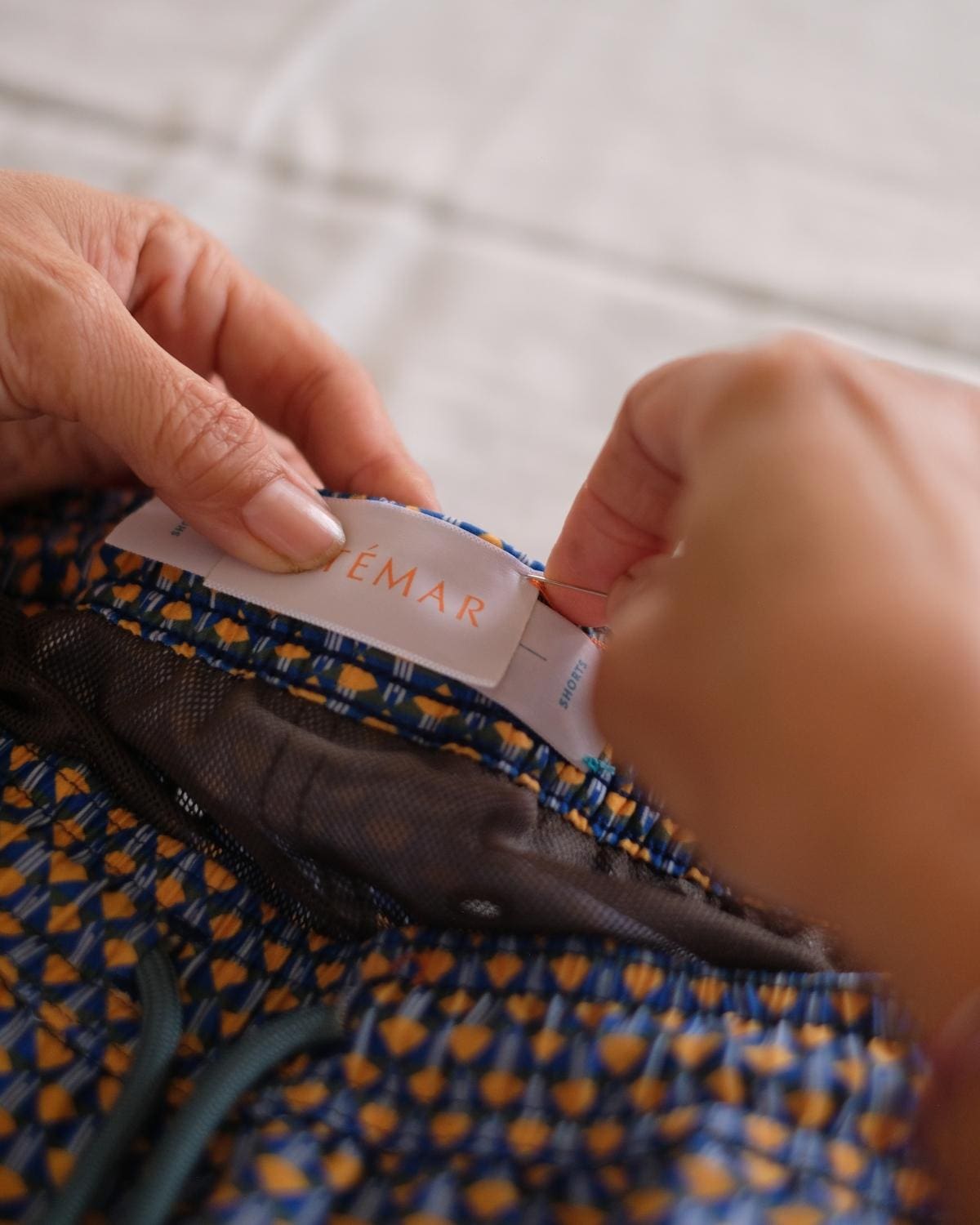
Before production began, Hertanto spent 18 months searching for the right partners around Bali with which to work. “Our criteria was simple: we were looking for highly-skilled individuals who see Bali as their home. With a team that boasts more than 20 years of collective experience between them, we are proud to say that all of our shorts are handmade by the finest trained eyes and hands on the island.”
Patémar operates a small-batch production system with the aim of promoting responsible and conscious tailoring by minimising production waste. “Our shorts go through a final quality control process in Austria,” says Hertanto, “before they’re finally shipped to your home.”
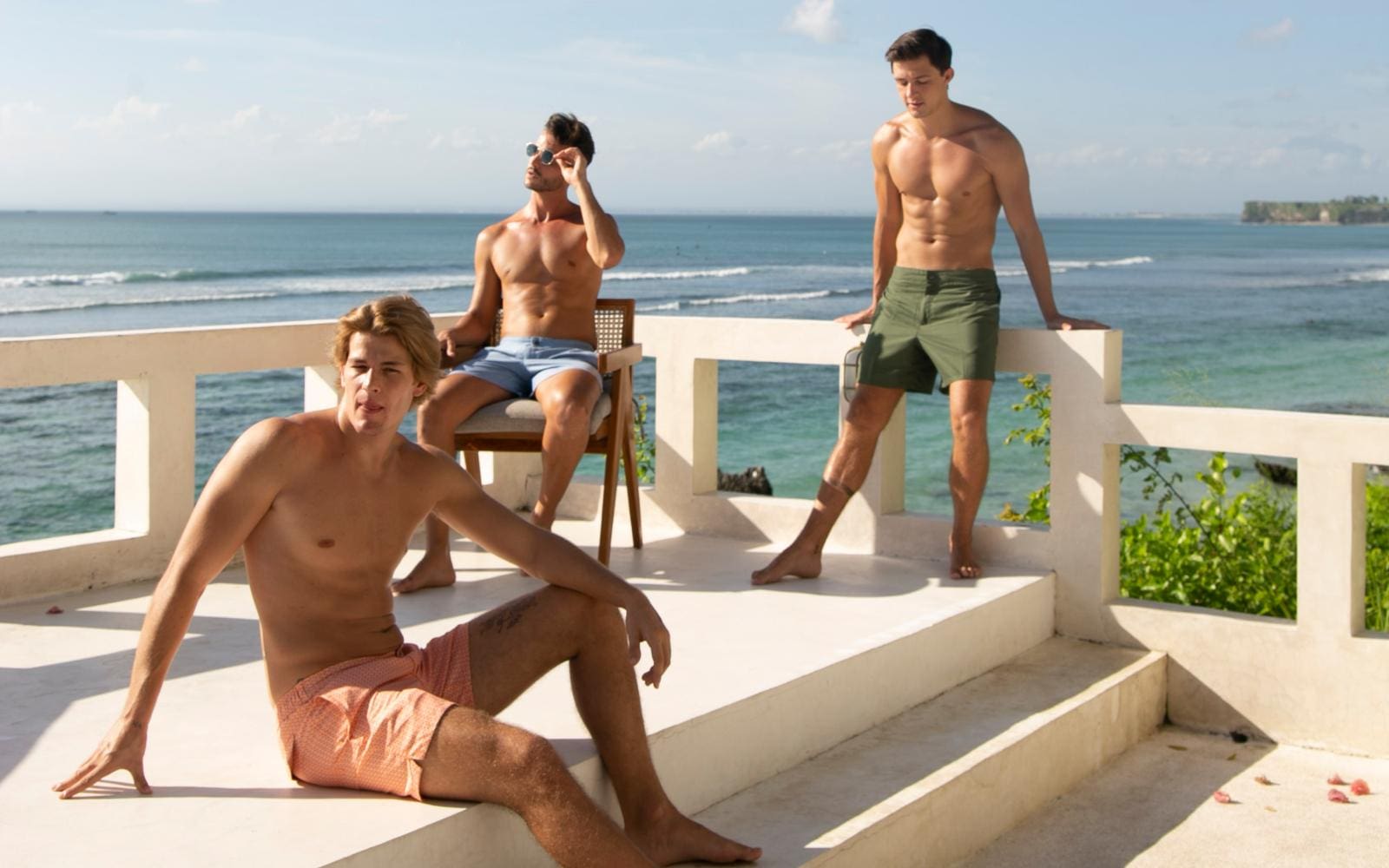
“By 2050 there will be more plastic in our ocean than fish,” says Hertanto. “Some 8.3 million tons are discarded into the sea every year.” Patémar has calculated that for every pair of shorts it produces, plastic waste equivalent to 12 plastic water bottles is prevented from entering ocean-bound waterways. “It may not be enough to change the big picture, but at least I know I’m doing something that’s good for the world, to the best of my current capacity.”
Tri Hita Karana.
